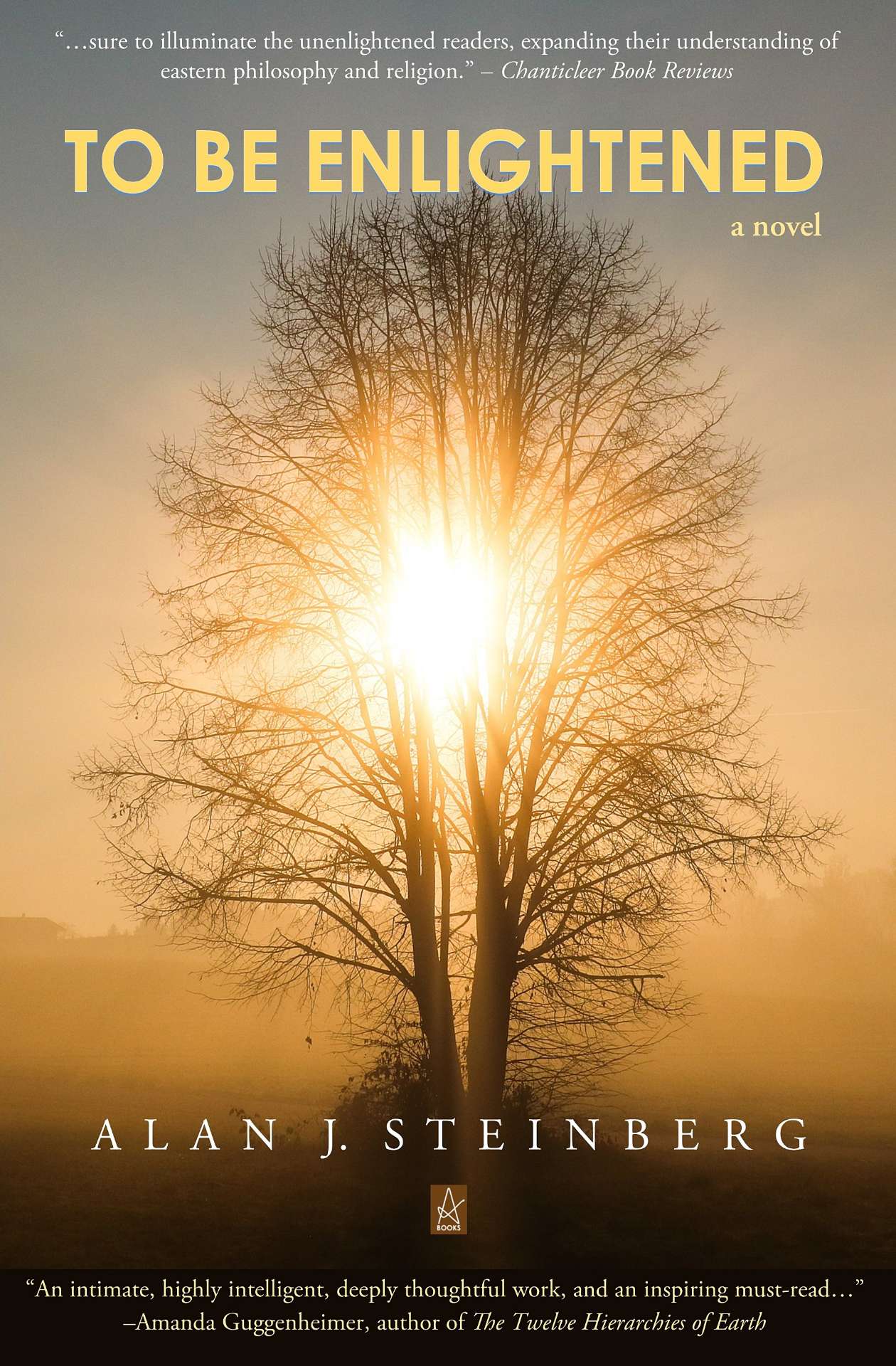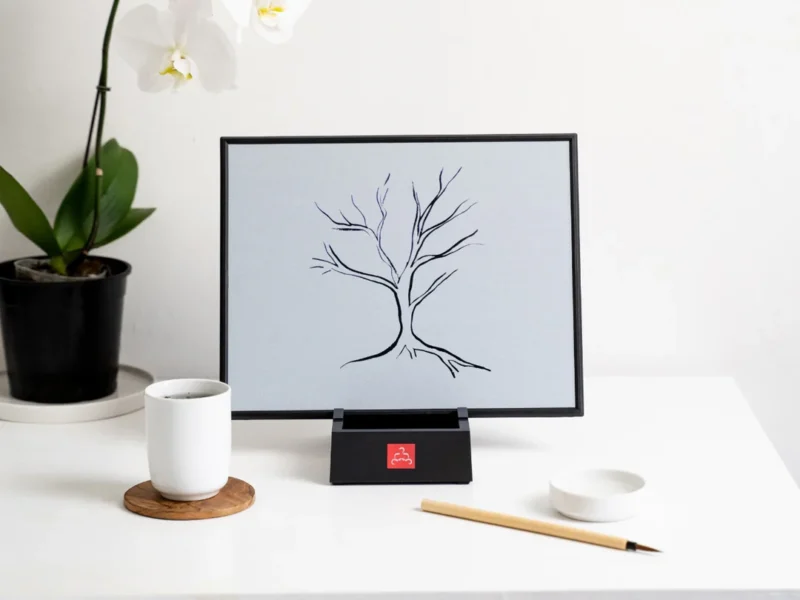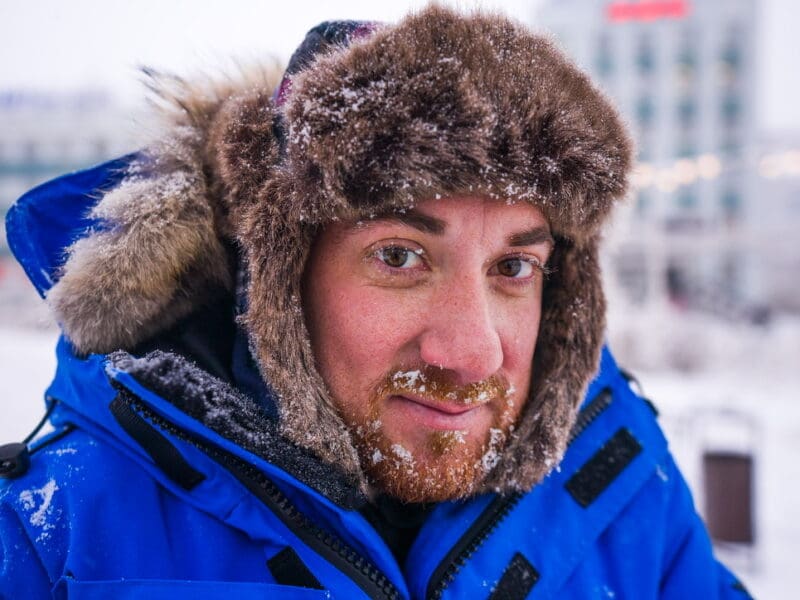
An interview with longtime physician and author Alan J. Steinberg
Thousands of years ago in India, great beings explored the inner Cosmos of their own minds through meditation, seeking answers to the big questions. Who are we? What is the purpose of life? How can we overcome the intractable problem of human suffering? These are the metaphysical matters at the center of To Be Enlightened, the debut novel by Alan J. Steinberg.
Connecting the dots between science and alchemy, Eastern and Western philosophy, and the underlying wisdom of many faith traditions—from Judaism to Christianity to Hinduism to Sufism—Steinberg invokes the “God” beyond all religion, reminding us that no religion has dibs on Ultimate Reality. A provocative read that makes Eastern philosophy accessible, To Be Enlightened makes a convincing case that everyone has the potential to transcend.
We had the amazing opportunity to ask Alan J. Steinberg questions about his new book, as well as his career, and his goals. Here’s what he had to say.
What is your book about? What is the storyline?
In the late 1960s, college students around the world began to meditate in search of enlightenment. What if over 50 years later, their efforts began to bear fruit? That’s the essence of my book. It’s a cosmic love story that shows the tension between a philosophy professor, who has a great desire for higher consciousness, and his feeling that his longtime wife is holding him back—because she’s afraid of the separation that would be caused by his attaining a higher state of consciousness.
What prompted you to write the book?
I really first started writing this book in college, when I was a philosophy major at Pomona and Pitzer College. I was putting down ideas. I wanted my book to be in some ways a philosophical treatise. Then years later, when my wife and I dropped off our youngest daughter at college, it was so quiet in the house, we were actually quite depressed, and I wasn’t sure what my purpose was. Then the thought, what about that book you had wanted to write about in college? The idea kept coming and coming…

Were there any personal experiences that helped shape the book?
A 10-day period when I indulged in various advanced practices of Transcendental Meditation. It’s fictionalized in the novel, but I would not have written this book had I not had those experiences.
Where did you grow up?
I was born in Chicago, Illinois, but my parents moved to Las Vegas when I was 18 months. My father had come over from Poland as a child with his family, just months before Hitler invaded. He didn’t speak any English at all. He learned English, became a doctor. My father was essentially the first residency trained radiologist in Las Vegas. He started the first radiology department in the first real hospital there. It was 1959.
And you followed in your father’s footsteps? You became a physician, too?
Yes, I did. I’m a primary care physician [at the Cedars-Sinai Medical Group in Beverly Hills]. I care for patients, and I really like that. I’m a nurturing person. Throughout college, I had thought I wanted to be a philosophy professor. I had taken the GRE, but my father was always against it. His feeling was, you know, his sons—he has three of them—they should be doctors. That’s a good thing for sons to do! And in the end, he won. I became a physician. But really, it was the right choice for me.
It suits my disposition, and I’m happier. I would have liked to work with students, but my understanding is that being a philosophy professor requires a very narrow focus of expertise, and that isn’t appealing to me. My interests are broad.
Your debut book is titled “To Be Enlightened” How you define “Enlightenment”
It refers to consciousness, or Self-knowledge, awareness. There are different levels. Every great tradition has this idea all the way back to Plato. Plato talked about a man of knowledge. And how people were able to pierce this cloud of understanding and actually understand the deeper Truth. We all sort of know about that.
There are even commercials, you know, where the guy goes up to the Himalayas and finds some cave and meets this great master. I’m referring to a state of consciousness, a higher consciousness, that isn’t owned by any tradition. It’s just inherent, a birthright of everyone, every sentient being. We all have the potential to experience it, become aware of it.

Was it challenging to write your first novel?
My first few attempts, I would get editors, and I would hear either, “You don’t know what you’re doing” and “You don’t know how to write fiction.” One editor said, “You don’t read much fiction, do you?” Because I was writing it like a philosophy professor, or, you know, like a term paper. Someone told me, “Show don’t tell,” and also, “Write what you know.” I thought that was good advice. So there is a lot of who I am, what I wanted to be, my own self-doubts, my own self-reflection in the book.
There is a growing body of evidence that meditation has a lot of health benefits. Do you ever prescribe meditation to your patients?
In some ways, I’m almost forced by my patients to talk to them about meditation. It’s such a common thing. I’m in primary care. I take care of the same patients ideally for many years. Some I’ve taken care of for over 30 years. Sometimes I take care of their kids and even their grandkids. A lot of people will come to me and say, you know, I’m stressed, I’m anxious, I try to calm down, I don’t know how to calm down. I don’t want to take a pill. I read about relaxation and meditation, but I do it and it doesn’t seem to work.
So we talk about it and I can help guide them in that way. I consider it one more tool in my toolbox. My goal is to do whatever I can to help my patients. To think that I just do western medicine or just eastern is limiting. There doesn’t have to be any line in the sand and many other doctors are the same.
Why this book now? Is there a particular timeliness for it?
There’s so much information now. We’re overloaded with it, and it takes more clarity of mind to discern the Truth. Meditation is many things. It helps get rid of stress and helps purify and stabilize the body and the mind. And as you get rid of all these external strains and stresses, you become more of who you are, you can see the world more clearly, you can live a more loving life.
Those are the basis of humanity, you’re really becoming, more of what we were meant to be. In spite of the anger and division, I believe we all are loving, kind spiritual beings. We all come from different angles. We all are on different paths, but the paths over time converge to what is really a higher version of ourselves. The closer we get to the real Truth, the closer we all get together.







